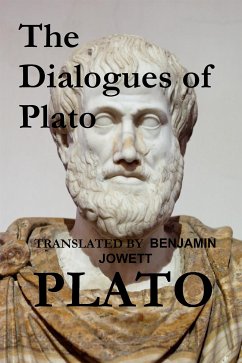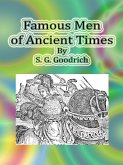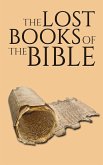An excellent introduction to Plato's philosophy. If you're interested in the historical figure of Socrates, these dialogues are most are most concerned with his life.
Philosophically, these "Dialogues"-- Charmides, Lysis, Lanches, Protagoras, Cratylus, ion--along with Phaedrus, Symposium and the Republic form the bulk of Plato's thought on Forms and the soul. This is a great place to start. The Euthyphro is a typical early dialogue and sets the stage for the charges that face later Socrates in the Apology. Both are very readable. Crito and Phaedo show Socrates in prison accepting his fate with poise and refusing to escape. They are also the most vivid explanation of the immortality of the soul. Meno is a middle dialogue that poses important problems of knowledge and learning resolved by the theory of Forms and Recollection. It's also the most difficult and rewarding of the bunch.
The margins and book design are nice and readable for such a compact book. The main advantage this little 6x9 book has is that it's cheap, easy to carry, and perfect for writing in.
This books contains the following original Plato writings:
Introduction by Benjamin Jowett2
Charmides9
Lysis55
Laches91
Protagoras125
Euthydemus211
Cratylus286
Phaedrus372
Phaedrus411
Hinweis: Dieser Artikel kann nur an eine deutsche Lieferadresse ausgeliefert werden.
Philosophically, these "Dialogues"-- Charmides, Lysis, Lanches, Protagoras, Cratylus, ion--along with Phaedrus, Symposium and the Republic form the bulk of Plato's thought on Forms and the soul. This is a great place to start. The Euthyphro is a typical early dialogue and sets the stage for the charges that face later Socrates in the Apology. Both are very readable. Crito and Phaedo show Socrates in prison accepting his fate with poise and refusing to escape. They are also the most vivid explanation of the immortality of the soul. Meno is a middle dialogue that poses important problems of knowledge and learning resolved by the theory of Forms and Recollection. It's also the most difficult and rewarding of the bunch.
The margins and book design are nice and readable for such a compact book. The main advantage this little 6x9 book has is that it's cheap, easy to carry, and perfect for writing in.
This books contains the following original Plato writings:
Introduction by Benjamin Jowett2
Charmides9
Lysis55
Laches91
Protagoras125
Euthydemus211
Cratylus286
Phaedrus372
Phaedrus411
Hinweis: Dieser Artikel kann nur an eine deutsche Lieferadresse ausgeliefert werden.









